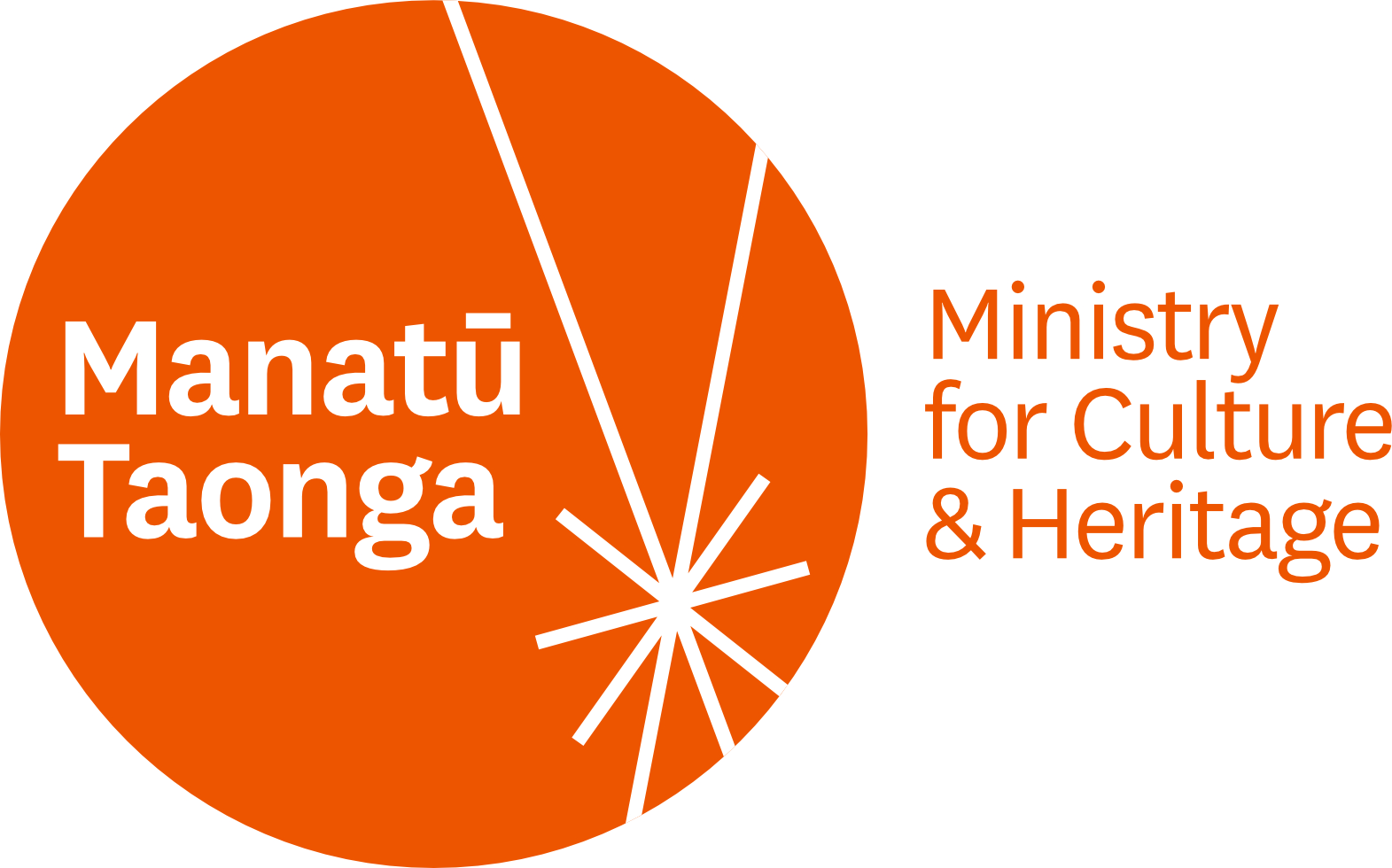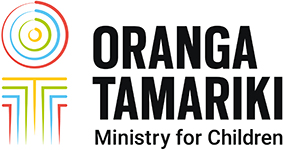Breaking the cycle of trauma and addiction is a driving motivation of Chris Ranui-Molloy's work, and that’s why the Auckland addictions and mental health clinician and arts therapist is keen to deliver his creative therapeutic programme to men in prison.
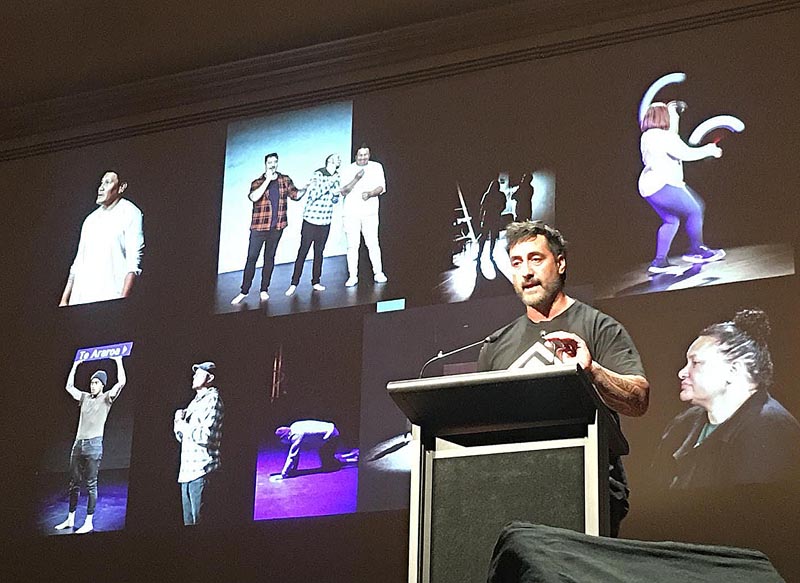 “The way I can help protect our tamariki is by working with men to break the cycle of their mental health and addiction struggles,” Chris says.
“The way I can help protect our tamariki is by working with men to break the cycle of their mental health and addiction struggles,” Chris says.
“Sometimes I wonder why I’ve been through all these experiences, my crazy journey of homelessness, incarceration, rehabs and now working here in the addictions sector. It must be for a reason – and this is the reason.”
Chris (Ngāti Manawa, Tuhoe) will attend a wānanga in Wellington, facilitated by the Arts in Corrections team at Arts Access Aotearoa, on 7 and 8 May. The wānanga will support arts practitioners, like Chris, wanting to develop and deliver arts programmes in prisons.
Chris and other participants will also be able to contribute their own skills, insights and knowledge. As someone with lived experience of incarceration, Chris has a particular perspective he hopes to offer.
Chris’ journey into creative therapy began in 2018 when he started working with reintegration service PARS Inc – People at Risk Solutions in Auckland. Inspired by PARS and the exhibition it ran in 2019, Chris added to his MA in Drama Studies (2009) with a diploma in Mental Health and Addiction (2021).
The tools of his creative, therapeutic programme
His creative, therapeutic programme is a combination of behavioural therapies, kapa haka, pūrākau (storytelling), psycho drama, theatre therapy and role play.
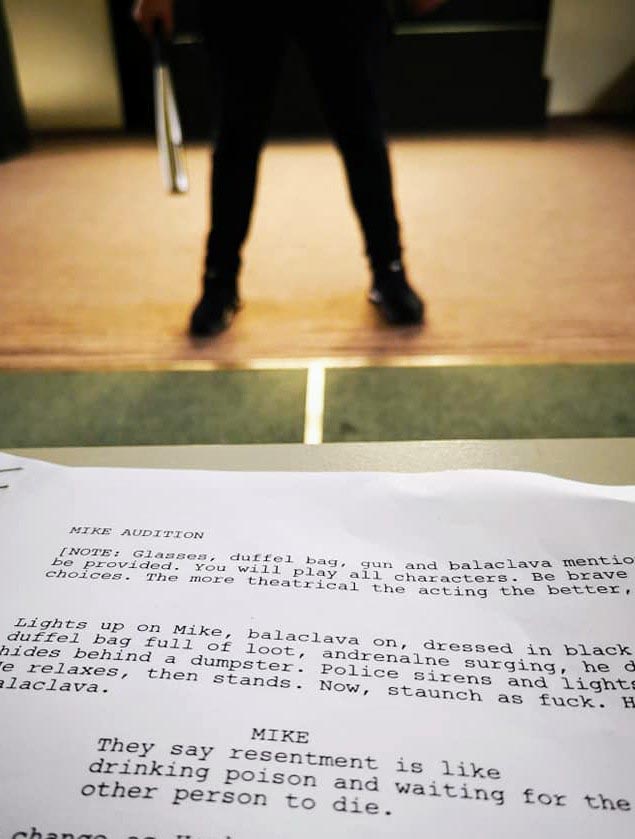 “These are some of the tools I use to empower people to explore and share their stories, and change the narrative of their lives,” Chris explains.
“These are some of the tools I use to empower people to explore and share their stories, and change the narrative of their lives,” Chris explains.
Their stories are then presented through performance, film, spoken word and visual art. “Audiences watching these presentations comment on people’s courage and the inspiring nature of the stories, where people are no longer a product of their past. They also comment on the light and the dark; the laughter and the tears."
Everything Chris does is through a te ao Māori lens. Safety, he says, is paramount for participants engaging in this process– and for those who are listening.
“I wear two hats: a creative director’s hat and a clinical safety hat. It can be isolating mahi. Connecting with others who can navigate both worlds is what I’m hoping the wānanga will help me achieve so that I feel less isolated in this mahi.”
As a child growing up in a small ex-forestry gang community, Chris witnessed anti-social behaviour exacerbated by factors such as unemployment, limited education, mental health challenges, violence and substance abuse.
Unsurprisingly, he too has experienced severe addiction and depression, anxiety, homelessness and incarceration. But using these experiences and his tertiary education qualifications, he’s developed his creative, therapeutic programme focussed on addiction and mental health.
Alcohol and drug counsellor at Higher Ground Papa Taumata
Chris says he is now more than seven years clean and sober, and working as an alcohol and drug counsellor at Higher Ground Papa Taumata – a residential centre where he undertook rehabilitation in 2017 after his prison sentence.
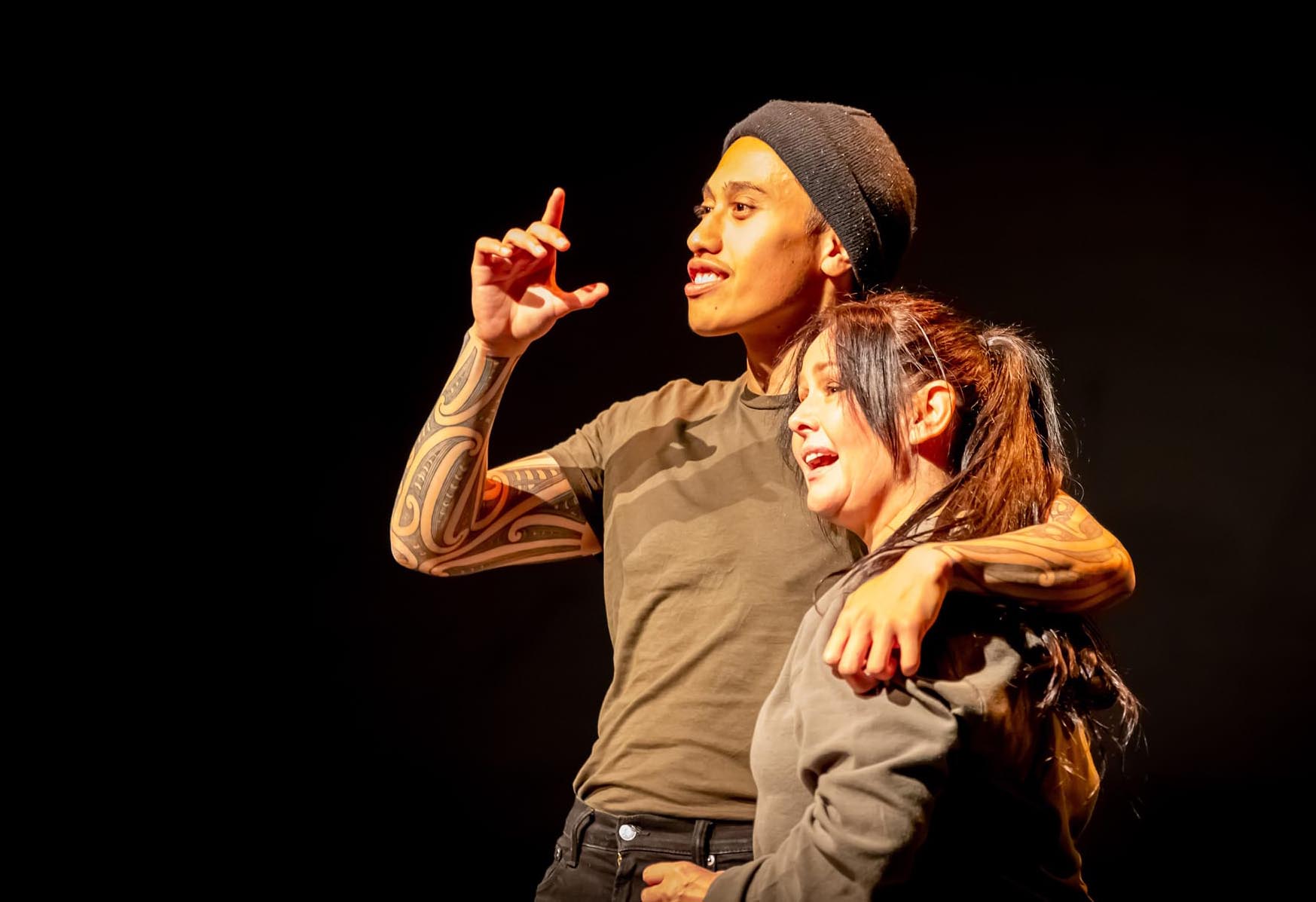 That same year, he set up Recovery St, a therapy community for people with lived experience of mental health and addiction. Its weekly three-hour sessions are open to the community.
That same year, he set up Recovery St, a therapy community for people with lived experience of mental health and addiction. Its weekly three-hour sessions are open to the community.
“At Recovery St, we believe in the transformative power of creativity, cultural wisdom and clinical expertise,” its website states. “We're more than a service: we're a community committed to fostering resilience, self-discovery, and a brighter future beyond addiction and mental health challenges.”
Chris’ programme has been delivered in various settings, including in residential rehabilitation, Narcotics Anonymous, and theatres where participants share stories of strength, hope and resilience.
Presentation to staff at the Mason Clinic
Last year, Chris presented the programme to staff at the Mason Clinic, an organisation providing forensic mental health services to people within the context of criminal offending.
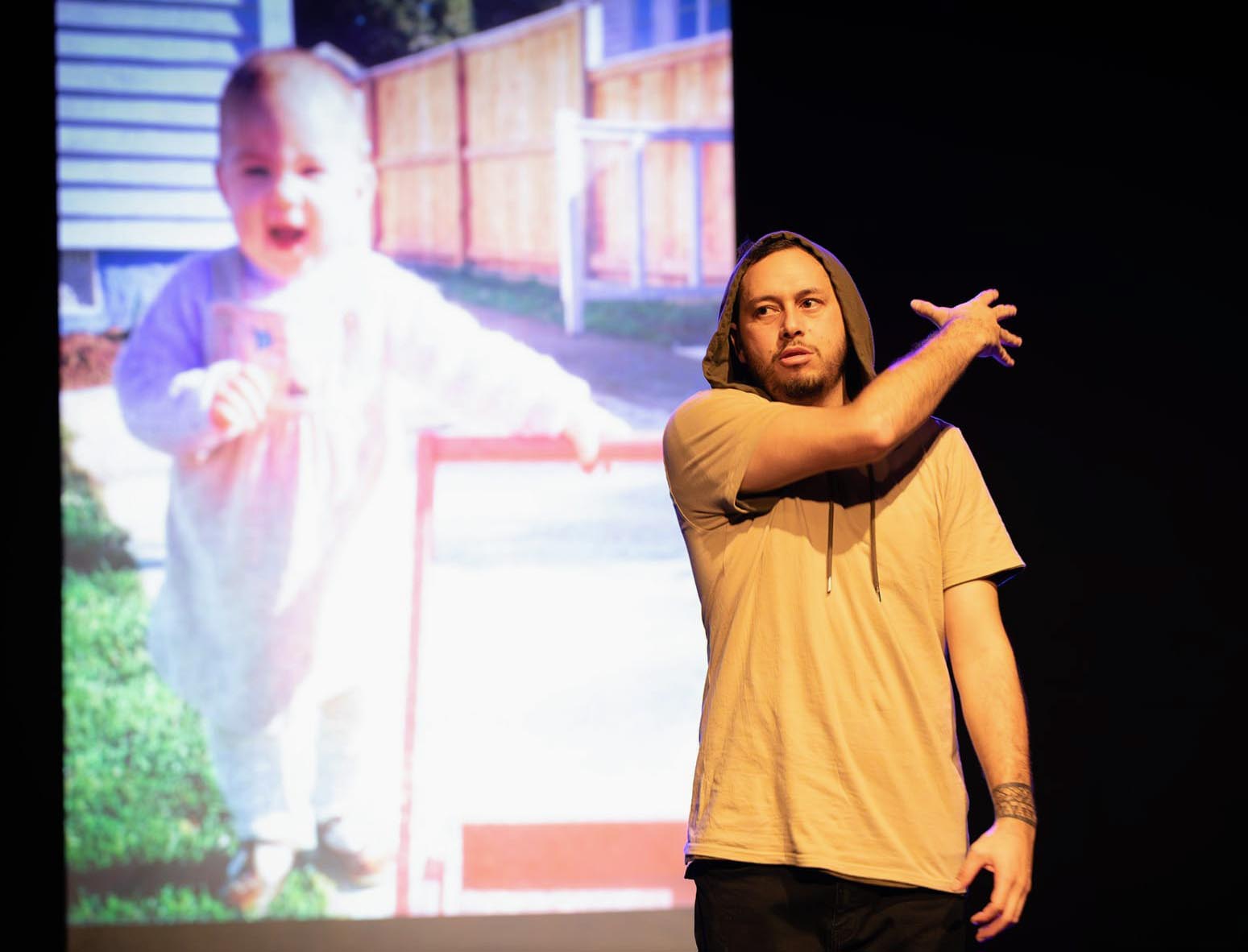 In July, he will return to the clinic and present his programme to its patients in the hope it will lead to the delivery of his programme on a regular basis.
In July, he will return to the clinic and present his programme to its patients in the hope it will lead to the delivery of his programme on a regular basis.
Chris is also keen to document people’s stories on film, creating a television documentary series similar in style to Songs from the Inside (2012), where four musicians mentor prisoners in writing and recording a song based on their personal and often difficult life experiences.
“That’s my dream and once I secure funding, it can become a reality.”
Asked what’s he’s most proud of, Chris says: “I’m most proud of the changes I’ve made and the contribution I've made – from someone riddled with depression, anxiety and addiction issues to becoming who I am today. I’m a father, son and friend, supporting others through aroha, manaakitanga and wairuatanga.”

